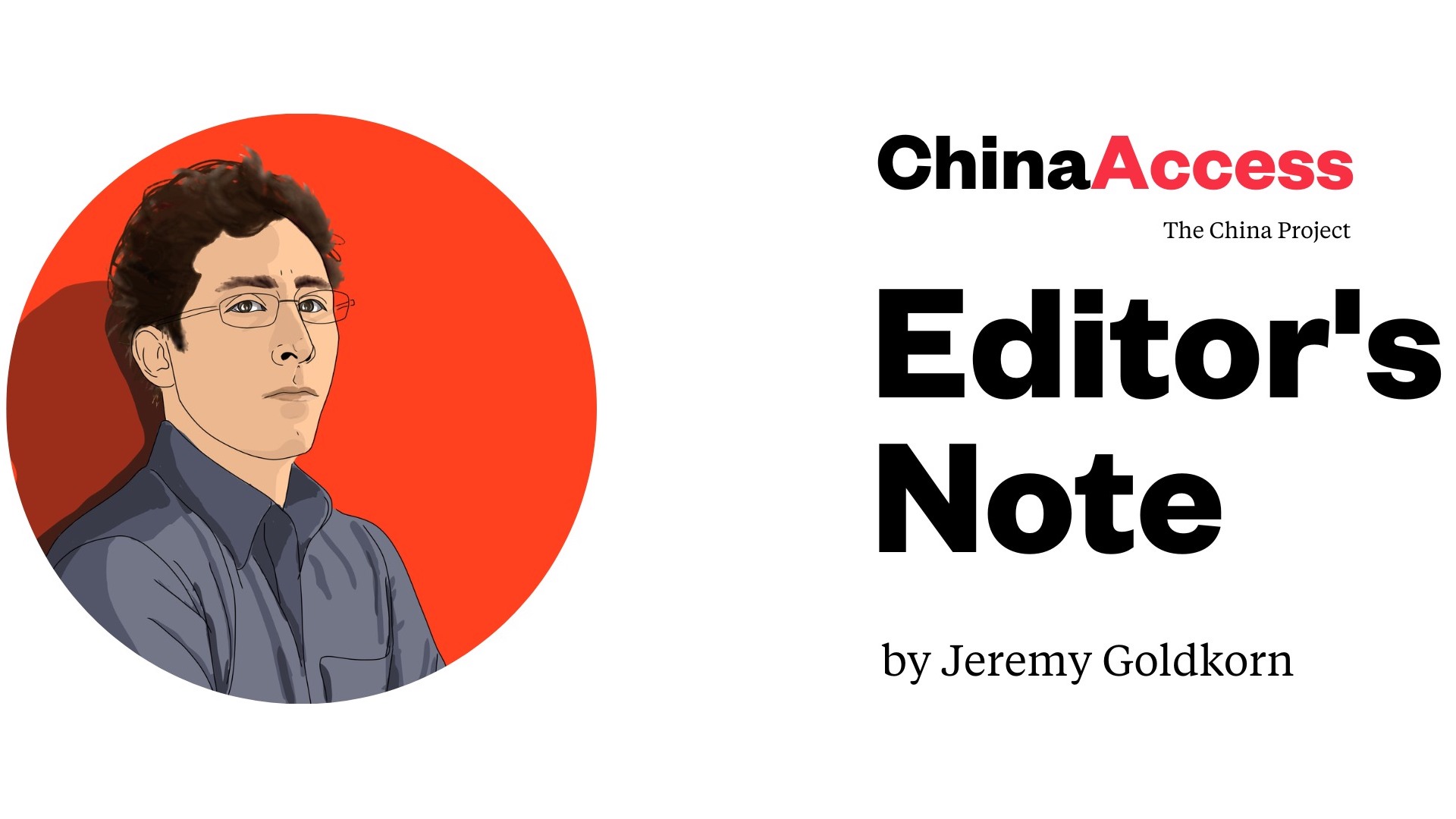After the end of COVID zero
Editor’s Note for Friday, December 16, 2022

Last week the government abandoned COVID zero, and this week we’ve been watching the fallout. On Tuesday December 13, China’s COVID-tracking app and database that has ruled the lives of all Chinese people who want to travel or visit public places went offline.
The virus is now spreading rapidly throughout the country, spurring panic buying of fever medicine like ibuprofen and paracetamol, as well as various folk remedies like canned peaches and lemons.
Everyone I know in Beijing, Shanghai, Chengdu, Kunming, Lanzhou, rural Hebei Province — and no doubt everywhere else where I don’t have a recent contact — either has COVID, or has just had COVID, or knows more than a dozen people with COVID.
No one really knows what’s going to happen next.
I personally expect that China will have a similar experience to the rest of the world in 2020 and 2021, but on a more compressed timeline thanks to vaccines, hard-won medical understanding of how to deal with the coronavirus, and the lack of anti-masking sentiment in China.
Nonetheless, lots of people will get sick and many will die — I have already sent messages of condolences to friends in China. But then the country will find a way to live with the virus, and then life will go on, as it has elsewhere.
Our phrase of the week is: Peachy pandemic escape (桃过一劫 táoguò yī jié), a pandemic era slogan that sellers of canned peaches, a northeastern Chinese comfort food that is also said to be a COVID remedy.






